Replacing a 25-year old Weil Mclain
ADK_Will
12 years ago
Related Stories

FURNITUREOld Furniture: Clean, Reupholster or Replace It?
A veteran upholstery cleaner weighs in on the options for found, inherited and thrift store furniture
Full Story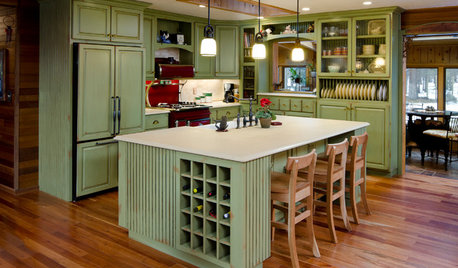
MOST POPULARHow to Reface Your Old Kitchen Cabinets
Find out what’s involved in updating your cabinets by refinishing or replacing doors and drawers
Full Story
GREAT HOME PROJECTSHow to Replace Your Lawn With a Garden
New project for a new year: Lose the turfgrass for energy savings, wildlife friendliness and lower maintenance
Full Story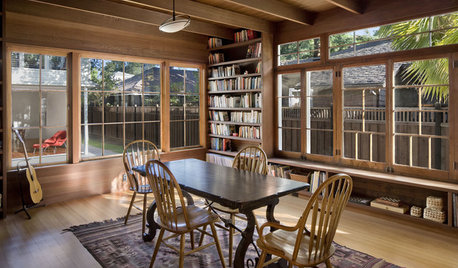
REMODELING GUIDESReplace vs. Restore: The Great Window Debate
Deciding what to do with windows in disrepair isn't easy. This insight on the pros and cons of window replacement or restoration can help
Full Story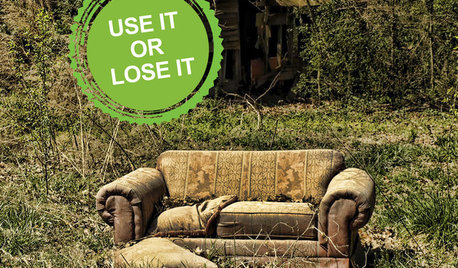
DECORATING GUIDESLose It: How to Reuse, Recycle or Replace Your Sofa
Follow these tips and tricks to keep your worn-out couch from ending up in a landfill
Full Story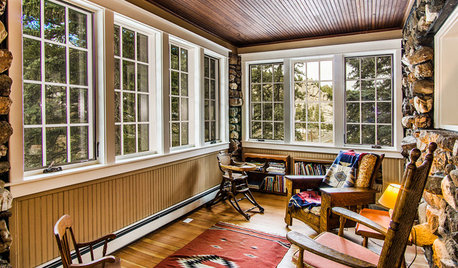
PORCHESRoom of the Day: A Colorado Porch for Year-Round Enjoyment
New windows, insulation and other upgrades turn this sun porch on a 1914 stone house into a 4-season room
Full Story
DECLUTTERINGYour Clutter-Clearing Plan for the New Year
Tackle these tasks month by month for a decluttering strategy that will really pay off
Full Story
COLORColor of the Year: Off-White Is On Trend for 2016
See why four paint brands have chosen a shade of white as their hot hue for the new year
Full Story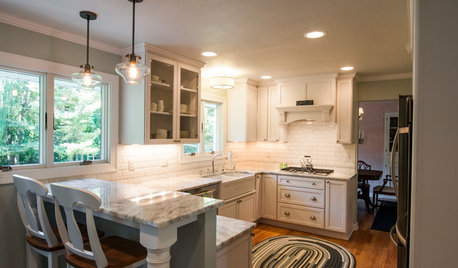
KITCHEN OF THE WEEKKitchen of the Week: 27 Years in the Making for New Everything
A smarter floor plan and updated finishes help create an efficient and stylish kitchen for a couple with grown children
Full Story
COLORColors of the Year: Look Back and Ahead for New Color Inspiration
See which color trends from 2014 are sticking, which ones struck out and which colors we’ll be watching for next year
Full Story





neohioheatpump
ntl1991
Related Professionals
Hawthorne Solar Energy Systems · Lodi Solar Energy Systems · Lynwood Solar Energy Systems · Palo Alto Solar Energy Systems · Pinellas Park Solar Energy Systems · Selma Solar Energy Systems · Bay Point Home Automation & Home Media · Birmingham Home Automation & Home Media · Fort Collins Home Automation & Home Media · Franklin Home Automation & Home Media · Hollywood Home Automation & Home Media · Pine Hills Home Automation & Home Media · Poway Home Automation & Home Media · South Euclid Home Automation & Home Media · Hockessin FireplacesADK_WillOriginal Author
neohioheatpump
User